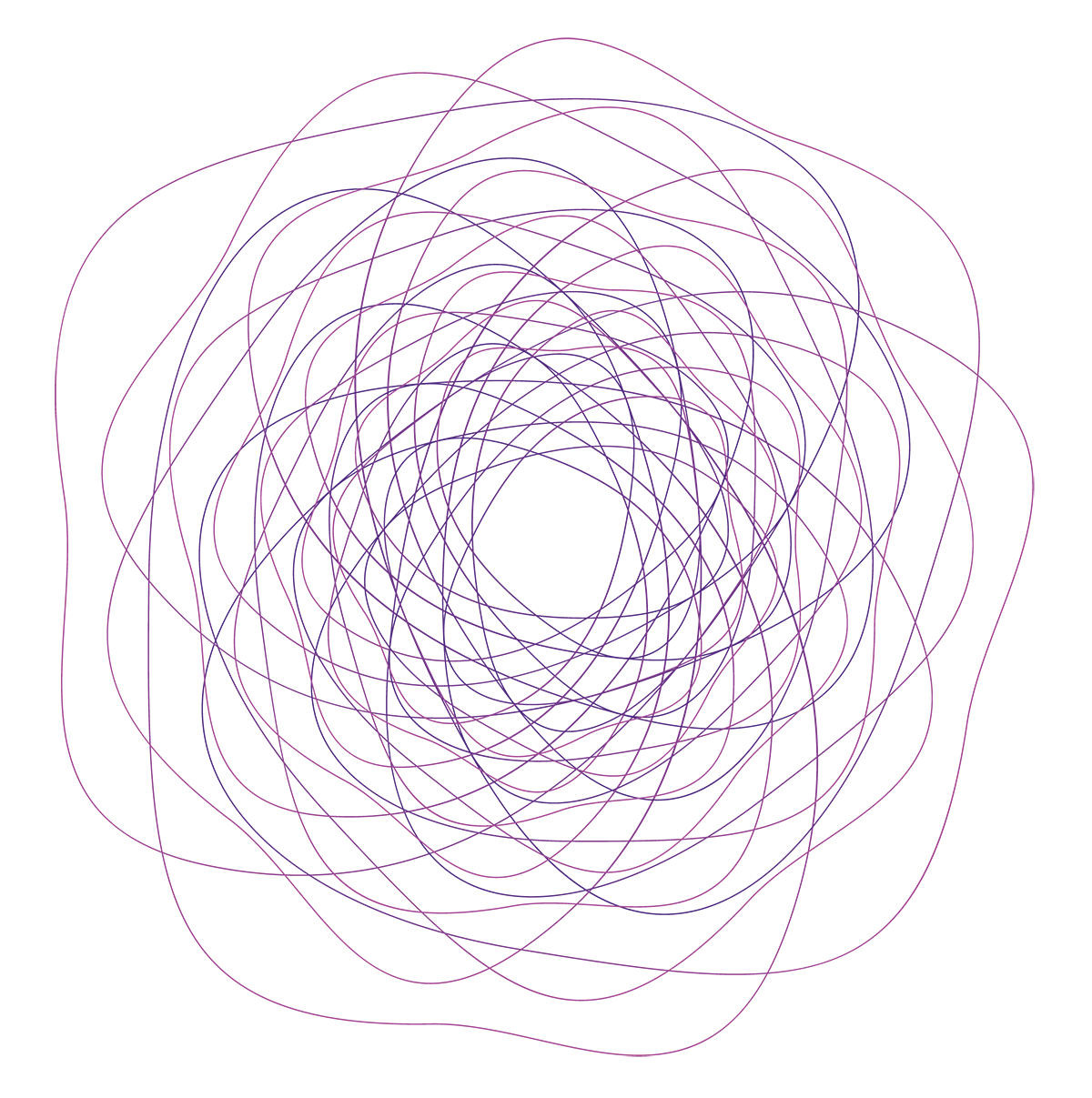By Shruti Ambavat
Did you know that 70% of employees in their 50s are not offered promotions? Or that words such as ‘aggressive’, ‘self-confident leader’ and ‘go-getter’ in job descriptions put off women from applying for such positions?
This is what the participants of Nichola McGuinness’ recent session on Inclusive Recruitment and Allyship learnt. Well, this and more! The session facilitated by Diversity Mark, incorporated a range of topics on inclusive recruitment such as using a gender-neutral language in job descriptions to attract a wide range of applicants.
Here are the three key take away points that we want to share with you:
- Inclusive Recruitment
We can use various tools to assist with using a gender-neutral language such as NIJobs Gender Bias Decoder and Textio’s Language Bias performance check. How would you as an employer know that your job description is inclusive? Just look at the demographics of applicants you receive.
Job descriptions are a window for the applicant to see what the organization is like. So, it is only natural to include your EDI strategy and related accreditation such as a Mark of Progress by Diversity Mark!
The efforts to be a diverse and inclusive employer need to transcend beyond the job description.
- Research has proven that flexible working arrangements attract 30% more applicants and lead to better employee retention.
- The interview stage of recruitment is where the first human interaction occurs and that is when a recruiter and applicant can understand and gauge each other’s expectations.
- Data shows that women are less likely to negotiate on salaries and both women and ethnic minority candidates can be perceived as ‘demanding’ when attempting to negotiate.
- Interview stage is also when our unconscious biases kick in.
Measures can be taken to mitigate these human errors.
- Consider bias awareness training and consciously diversify the shortlisting and interviewing team.
- Screening your interview questions is good practice as that could otherwise exclude certain groups.
- Interviews should be accessible and flexible.
- Lastly, the organization’s EDI policies should be clear at the interview stage.
Diversity, Equality, and Inclusivity is not a tick-box exercise. One way to ensure that your organization is following its EDI policies beyond recruitment is by keeping measures and milestones. Signatories of Diversity Mark have a minimum of three targets to meet to attain the Bronze.
2. Employee Retention
Employee retention is another way to gauge how well the EDI policies are implemented. When employees believe that promotions are managed effectively, they are more likely to put in extra effort and plan a long-term future with the company.
- Your organization must ensure that leadership promotions are inclusive and do not impact on the employee’s work life balance. Women benefit more from flexible working arrangements, but we rarely see part-time leadership positions.
- Barriers to senior positions are not just glass ceilings but also glass walls. These are invisible barriers that can limit opportunities or prevent women and/or minorities from performing effectively in their roles or reaching the next level in their careers.
- To encourage more women and ethnic minority employees to seek promotion is by mapping out clear career paths and have defined goals.
- The path to progression should also be non-discriminatory and require regular audits.
3. Allyship
Being an ally means identifying the barriers for others even if you do not experience them yourself. It is about being aware of the consequences of your actions and ensuring to use your position to remove and reduce these barriers against inclusivity. Being an Ally is not a title we should give ourselves but through recognizable actions.
One can be an ally by:
- reducing bias
- assessing, and addressing your response culture, and
- Allies with management responsibilities should create clear career progression path for their team members
That’s a wrap on the insightful session on inclusive recruitment and allyship. We hope you can take away key lessons from it and use it to reassess your own EDI policies.
If you have any questions or need support with your organization’s EDI journey and are not an existing signatory, please reach out to Orla by booking a call here. If you are an existing Diversity Mark signatory please email the engagement team, Emma or Shruti.
We look forward to seeing you at our next event!





